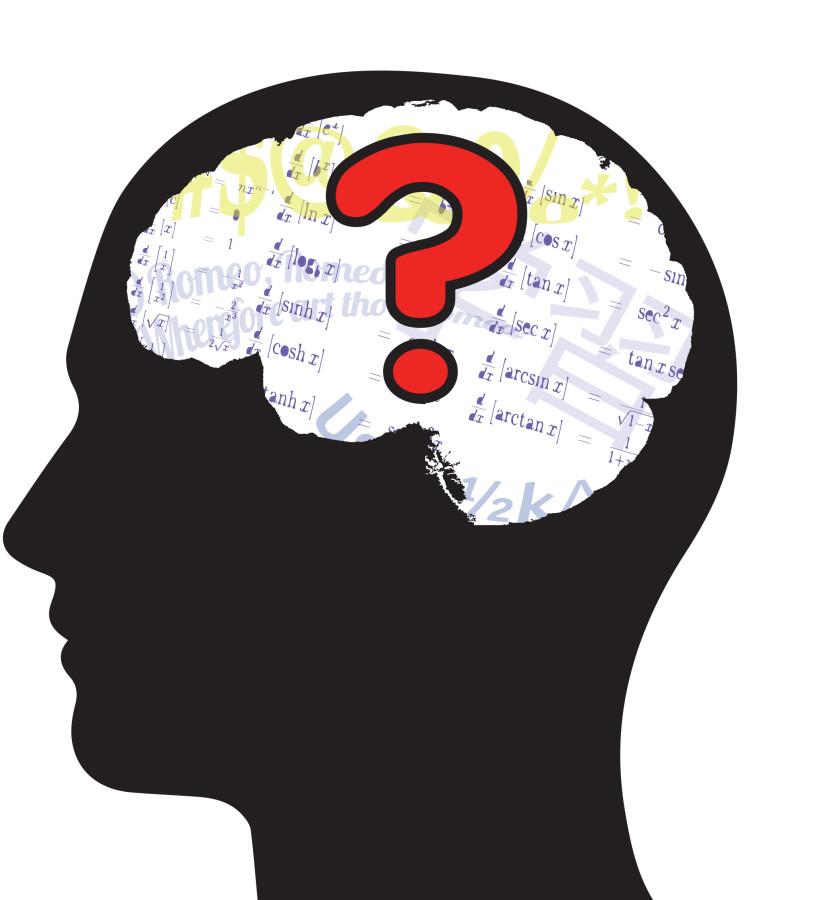Education only teaches to memorize
February 26, 2015
I find it astounding how many of my friends say they struggle with math and think it’s a useless subject because of how impractical the material is.
I’ve always been fond of the subject, because in my mind it’s problem solving that involves critical thinking, very little memorization and has been applied to everything in my major, computer science.
I asked friends what their high school experience was like, and I realized we are in an education system that values memorization over practice, and we are taught things that we may never use again in our lives.
The majority of your school success comes down to whether or not you remembered enough facts to pass a test.
What is really so different about history and biology? You know the state capitols and how a cell splits, but what did you learn about your health and your body and how to take care of it, or what isn’t that the more practical approach, or how? High school classes should have taught us practical uses instead of facts we won’t use again.
Algebra
Algebra in high school is ideally supposed to teach how to solve problems with little information that is given. The standards include learning De Moivre’s theorem and graphs. Algebra should focus on problem solving aspects instead of constantly introducing new equations. Just look at how many remedial classes are taken by freshmen each year.
Economics
Economics is a subject that even economists with doctorates still don’t understand. Lock a bunch of economists in the room and ask them how to fix the financial deficit, and there will never be one concrete agreed upon answer. Students should have learned about personal finances, how credit works, and what to expect with student loan interest for their future education.
Physics
A subject that occurs the most in our daily lives: on the computers we use every day, to the engines that power our means of transportation. We were taught equations that we won’t use and how to protect an egg from a drop. None of the equations we learn in class develop anything. The inventions we know came from trial and error, and the theory and physics were explained after. Our learning should be focused on the engineering side of things over the theories of physics.
Foreign Language
There are two levels of foreign languages in high schools, native and non-native, both of which teach the most impractical uses of the language, grammar and vocabulary to memorize. The only way to really learn a language is through conversation and experience; Americans who travel to other countries don’t communicate through writing, or read all the signs, but through verbal conversation.
Chemistry
Memorizing Chemistry’s periodic table is comparable to History’s state and capital list: pointless. You have to memorize two letters and the long name it coincides with.
When do we ever have to balance an equation or use the Chi formula in any part of life? We only really remember what water and salt is made up of.
English
It’s great that English courses require us to read, but it is silly to me that most people recall the books from high school as the only things they’ve ever been forced to read. Reading should have been an assignment the student can pick so they won’t be forced to read the uninteresting, sleeping pill that is “Travels with Charlie.”
Being literate aside, what English should have done is make us write more often. Writing more often enables us to learn about the proper uses of commas and what a semicolon is really used for.
One eight-page assignment that most of us have been accustomed to doing the night before is not enough; we should have written more so we wouldn’t have as ridiculous a test as the WST later on in life.
Our education system needs to restructure and move into more practical lessons. Instead of the majority of lessons in high school being facts that we can use for trivia, we should be teaching students how things work, and take more hands on approaches.
We should stray away from rewarding students with grades for showing the ability to memorize theories, and empower them with applied knowledge.



